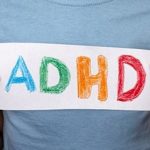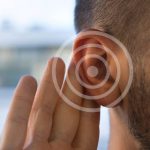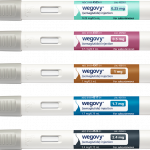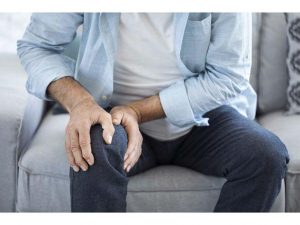
When settling into your senior years, you need to be especially careful when taking medicines, herbal remedies and supplements, the U.S. Food and Drug Administration says. That’s because older adults are likely to use more prescription and over-the-counter medications, which increases the risk of harmful side effects and drug interactions, the FDA said in a news release. In addition, physical changes associated with aging can affect the way your body handles medications, and even how different medicines work in your body. For example, the liver and kidneys might not work as well as they do for younger people, which can affect how a drug breaks down and leaves the body. Even medications that worked well for a person during their youth and middle age might need to be adjusted or changed later in life, the FDA says. Keeping all that in mind, the FDA has some important safety tips: Take medication as prescribed. The best medicine in the world won’t work unless taken correctly. Take prescriptions following the directions on the label and your doctor’s instructions. For example, medicines that treat chronic conditions like high blood pressure, high cholesterol and diabetes work only when taken regularly and as directed. Don’t skip doses or stop taking a prescribed drug without first consulting with your doctor. Not taking medicine as prescribed can lead to even worse illness,… read on > read on >





































